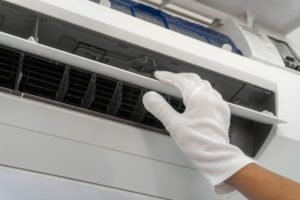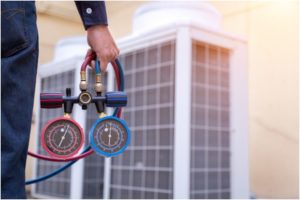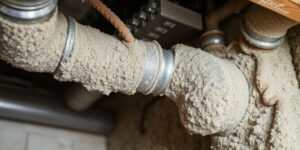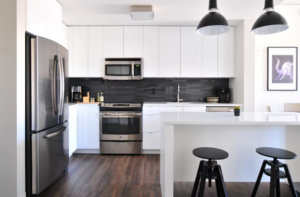Factors That Affect the Cost of Your AC Installation

When it comes to installing a new air conditioning (AC) system, there are several factors that can affect the overall cost. As a homeowner, it’s important to understand these factors so you can make an informed decision and potentially save money in the long run. Let’s take a closer look at the main factors that can impact the cost of your AC installation.
Type of AC System
The type of AC system you choose will have a significant impact on the overall cost of installation. There are three main types of AC systems – central air, ductless mini-split, and window units.
Central air conditioning systems tend to be the most expensive option as they require ductwork installation and professional services. Ductless mini-splits are slightly less expensive but still require professional installation. Window units are typically the most affordable option but may not provide adequate cooling for larger homes or spaces.
Before deciding on a type of AC system, consider the size and layout of your home, as well as your budget. It will also help you to seek professional help for AC installation in Hinsdale to determine the most suitable type of system for your specific needs.
Size and Capacity
The size of your AC unit and its cooling capacity will also play a role in determining the cost of installation. A larger system will typically have a higher upfront cost, but it may be more energy-efficient in the long run, resulting in lower utility bills.
To determine the appropriate size and capacity for your home, consider factors such as square footage, insulation, ceiling height, and local climate. It’s best to consult with a professional HVAC technician who can accurately assess your home’s needs and recommend the appropriate size and capacity for your AC unit. You may also check out this blog post to learn what size air conditioning unit is perfect for your home so you can make an informed decision.
Energy Efficiency
Energy-efficient AC systems may have a higher upfront cost, but they can save you money in the long run by reducing your energy bills. Look for units with a high SEER (Seasonal Energy Efficiency Ratio) rating, as these are more efficient and can help lower your overall costs.
Additionally, some states offer tax credits or rebates for purchasing and installing energy-efficient appliances, including AC units. Be sure to research what incentives are available in your area before making a purchase.
Additional Features
Modern AC systems come with various features that can add to the cost of installation. These features may include programmable thermostats, zoning capabilities, and air purifiers. While these additional features can improve your overall comfort and air quality, they will also increase the upfront cost of installation.
Consider your priorities and budget when deciding which additional features are worth investing in for your home’s AC system.
Ductwork Condition
If you’re installing a central air conditioning system, the condition of your ductwork will also impact the cost of installation. If your ducts are old or damaged, they may need to be repaired or replaced before the new AC unit can be installed. This can add to the overall cost of installation, but it can also improve the efficiency and effectiveness of your AC system in the long run.
Conclusion
As you can see, there are several factors that can affect the cost of your AC installation. It’s important to carefully consider these factors and consult with a professional before making a decision. Remember, investing in a high-quality and energy-efficient AC system can save you money in the long run, so it’s worth considering all options when it comes to installing a new unit for your home.








